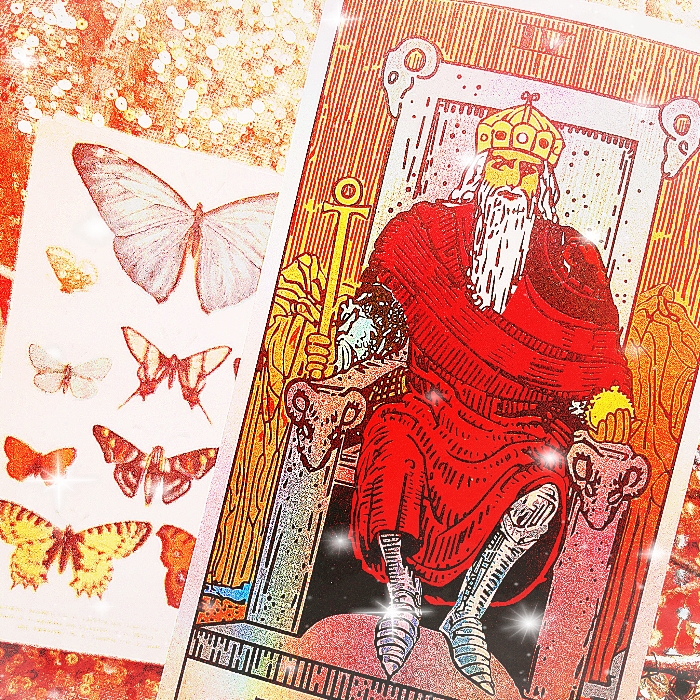Roleplaying isn’t storytelling. If the dungeon master is directing it, it’s not a game. – Gary Gygax
I always always wanted to be the Dungeon Master because that’s where the creativity lies – in thinking up places, characters, and situations. If done well, a game can be a novel in itself. — Sharyn McCrumb
In the role-playing game Dungeons and Dragons, The Dungeon Master prepares the story. It is their job to design the adventure that the players will embark upon then to act as referee, guide, and narrator throughout the game. Players choose which actions to take in response to obstacles and The Dungeon Master incorporates those choices into a consistent story world.
Rule 0 gives the Dungeon Master the ability to overrule any rule.
The outcome of an action chosen by a player is determined by a roll of the dice though, it must be noted, the dice are hidden behind the Dungeon Master’s screen. Results are subject to the whims of the Dungeon Master who is also keeping hidden notes on game scenarios as they unfold. Rule 0 gives the Dungeon Master the ability to overrule any rule.
This archetype’s power resides in creating a story that requires their unique vision and guidance to bring the narrative through to completion.
The root word in authority is author. The Dungeon Master, like The Emperor, is the author of the world over which they rule. They maintain authority over that world including control over the outcomes of free-will choices made by players or constituents. This archetype’s power resides in creating a story that requires their unique vision and guidance to bring the narrative through to completion.
The magical value of The Emperor will be most powerful to invoke for narrative practices in Chaos Magick and basic psychological self-treatment, too. In both, the technique of tending to the progress of an intentional story builds that story into reality.
May we take worthy counsel and pursue the living of a high-quality story.
— Michelle Embree



